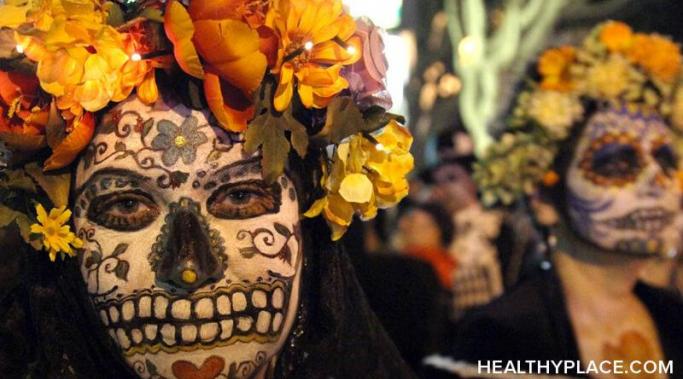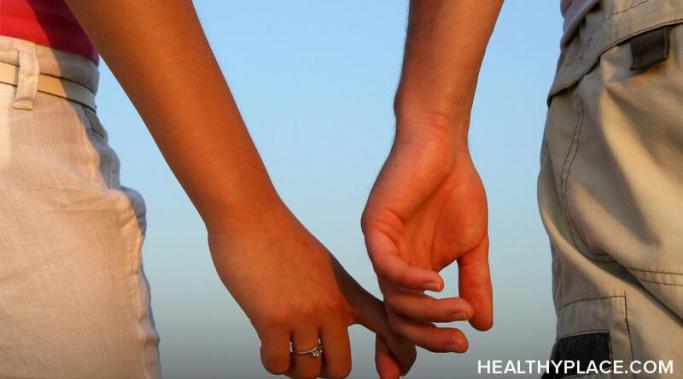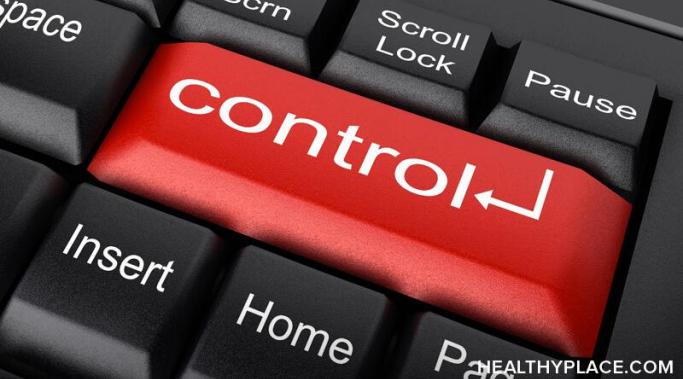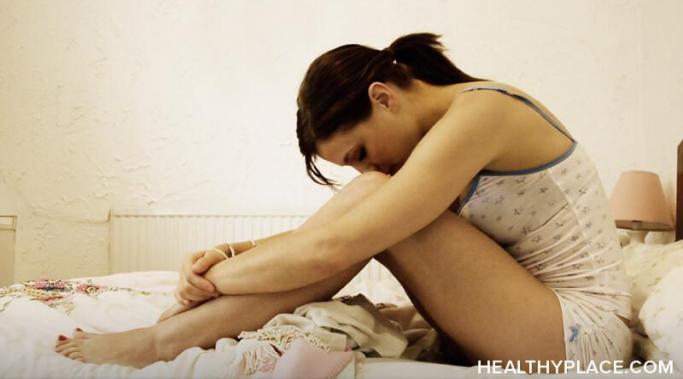Blogs
I celebrate life's journey -- some days more than others.
Leaving verbal abuse behind is hard. Verbal abuse can be traumatic for individuals of any age, regardless of how much exposure there is to this harmful behavior. Of course, each person is unique and will react in different ways when facing verbal abuse. These responses can determine how effective it is to leave verbal abuse behind and move toward a healthy and happy life.
People often hide their depression well. We don’t want to worry our loved ones. We fear being judged and stigmatized—even now when mental illness is much better understood and accepted than in decades past. We may see our disease as a weakness, something that we need to tackle alone. Maybe we’re in denial, hiding our depression not only from others but from ourselves.
I'm demisexual—I'll explain what that is. The first sign that I was on the asexual spectrum was back when I was in middle school. I remember driving in the car with my mom getting annoyed as I listened to the radio. Every song was about sex, love, or drugs. I didn't understand why the themes for music were so narrow. People could sing about anything, yet they would always sing about the same old things. I off-handedly said, "Why is every song about sex? Can't they sing about something else?"
This year, I started training for a particularly ambitious fitness goal: a 10-day trek in the Himalayan Mountains. In October 2023, I will travel to Nepal and embark on the adventure of a lifetime, but first, I need to acclimate to hiking in extreme weather conditions at the highest altitude on earth. That's no small feat for someone who lives in Phoenix, Arizona, a desert with minimal elevation.
It's common knowledge that too much stress is bad for our health, but those of us with a mental health diagnosis can face another risk from stress, which is increased symptoms. As part of my self-care or lifestyle monitoring, I try to reduce how much stress I experience daily to manage anxiety and schizophrenia symptoms.
You may remember me as the blogger who wrote for "Work and Bipolar or Depression" or "Coping with Depression" here at HealthyPlace. While blogging on this platform has been a career highlight, I took time off from writing about depression for my mental health. Now that I am better, I feel grateful for the opportunity to write for "Mental Health for The Digital Generation." Although I wish I had never left, I know why I needed to do so: we live in a chaotic world where regular mental health breaks are essential.
I have had many people talk to me about struggling with low self-confidence and negative self-talk and how hard it has been for them to train themselves to stop letting negative emotions control their lives. For years, I, too, struggled with these feelings. Self-criticism was a daily practice, and I would find fault in everything I did.
Looking back at all my past problems from where I am today, it's often hard to remember just how low I felt. It's hard to remember the many years I spent stuck in a vicious cycle of anxiety, panic attacks, and obsessive-compulsive disorder (OCD), not knowing if I would ever be able to break free and live a happy and fulfilling life again. There were intermittent periods of depression when I was unable to see any reason for existence. Thankfully, those days are over.
Have you ever had a moment that makes you question every bit of recovery you’ve achieved to that point? I have—recently, I questioned my skin picking recovery.









